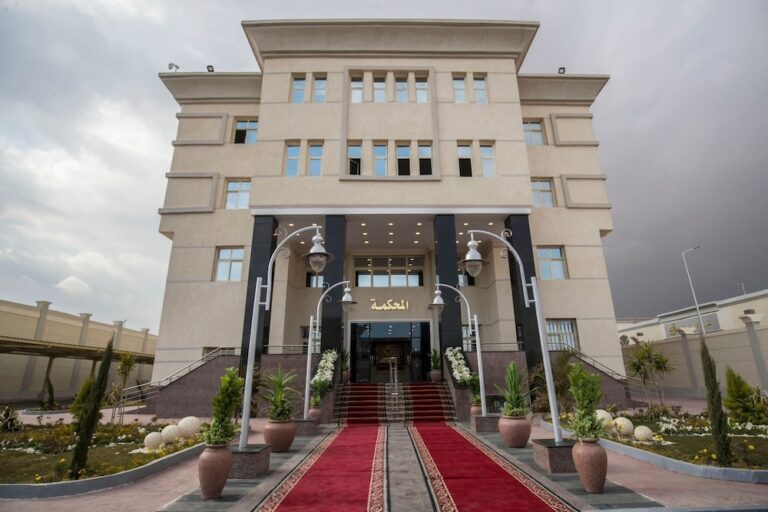(EOHR/IFEX) – The following is an EOHR press release: Amendments to the Publications Law: a New Violation to the Right to Publish Newspapers The Egyptian Organization for Human Rights (EOHR) is extremely worried about the contents of a news item that appeared in the 1st of February, 2000 issue of Al Akhbar Newspaper of Cairo, […]
(EOHR/IFEX) – The following is an EOHR press release:
Amendments to the Publications Law: a New Violation to the Right to Publish Newspapers
The Egyptian Organization for Human Rights (EOHR) is extremely worried about the contents of a news item that appeared in the 1st of February, 2000 issue of Al Akhbar Newspaper of Cairo, on a governmental draft-law proposing to amend the present Publications Law. The draft-law subjects the printing of foreign papers in Egypt to the approval of the Minister of the Interior. Al Akhbar also added that the draft-law states that “the cabinet can cancel the license of a newspaper and stop its printing if what it publishes leads to: moral corruption, assault on religions, upsetting of public security, disseminating horror among people and causing harm to public interest”.
The EOHR believes that the draft-law, which is presently under consideration by the State’s Council (1), represents a glaring violation to the freedom of the press, freedom of opinion and freedom of expression. This latest amendment to the Publication Law comes as a new addition to the pile of freedom-restricting laws presently in effect in Egypt.
The EOHR draws attention to the following comments on the proposed amendment. First: this legal amendment includes an attempt to legitimize the interference of the Ministry of Interior in the press and journalists’ affairs. Second: the reasons given for canceling papers’ licenses and banning their printing are too vague and will therefore be able to be abused according to the whims of the state, and as a result, every newspaper will be under a constant threat of closure. The expression, “disseminating horror among people” is obscure and outrageous. Third: most of the papers described as “foreign” by the draft-law are actually issued and edited by Egyptians. Papers seek license from abroad because the restrictions imposed on the right to publish papers in Egypt are very stringent. Finally: the EOHR draws attention to the contradictory policies of the Egyptian Government. For while its new policies have produced evident progress in various spheres of economic privatization–including the media–there has, at the same time, been a regression in the sphere of freedoms, especially the rights of freedom of opinion and expression.
The EOHR expresses its concern for these pending amendments and calls upon the Egyptian Government to respect the constitution and the International Covenant for Civil and Political Rights, which it has ratified. The EOHR also calls on the Egyptian government to create its policies in conformity to the changes of the era, so that in a time of fast paced information and technological change, a forbidding and restrictive mentality will not stifle progress.
1. The State Council is the main administrative/legislative body in the Egyptian system responsible for reviewing and examining draft laws to ensure their conformity to the constitution and other working laws.


